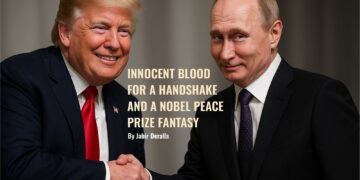The governments in Bulgaria and Poland said Russia was halting delivery of natural gas supplies as of Wednesday, marking a major escalation in the face-off between Moscow and Europe over the war in Ukraine. The Bulgarian Energy Ministry said late Tuesday that the Bulgarian natural gas supply company Bulgargaz had received a notification of the gas cut from Russia‘s state-backed energy giant Gazprom, informs MIA.
Bulgaria has taken steps towards alternative gas supplies, said the ministry, adding that for the time being no limits on gas consumption was necessary. The government had “fully complied” with its obligations and made all payments “on time and strictly” as required by the current contract, the ministry statement said.
Energy Minister Alexander Nikolov said he would comment on the supply stop on Wednesday. Prime Minister Kiril Petkov had earlier announced that a Bulgarian government delegation would travel to Kiev on Wednesday.
The Polish natural gas company PGNiG said Tuesday afternoon that Gazprom was stopping gas flows as of Wednesday morning because Warsaw refused a demand by Moscow to pay for its supplies in roubles.
Polish officials said the country has been preparing for such a scenario and that gas storage facilities are currently 76% full, compared to 39% a year ago.
Russian President Vladimir Putin had announced in mid-March that in future he would only sell Russian gas to “unfriendly” states in exchange for roubles. Putin justified his rouble initiative with the fact that “in violation of the norms of international law, the foreign exchange reserves of the Bank of Russia were frozen by the member states of the European Union.”
The group of G7 economic powers and the European Union as a whole have rejected payments in roubles and accused Russia of breach of contract.
Despite a slew of Western sanctions on Russia following its ongoing invasion of Ukraine, oil and gas exports remain untouched because many European countries rely heavily on Russian fuel. But the other sanctions are punishing Russia‘s economy and Putin’s demand that payments come in roubles is seen as an attempt to prop up the local currency.















